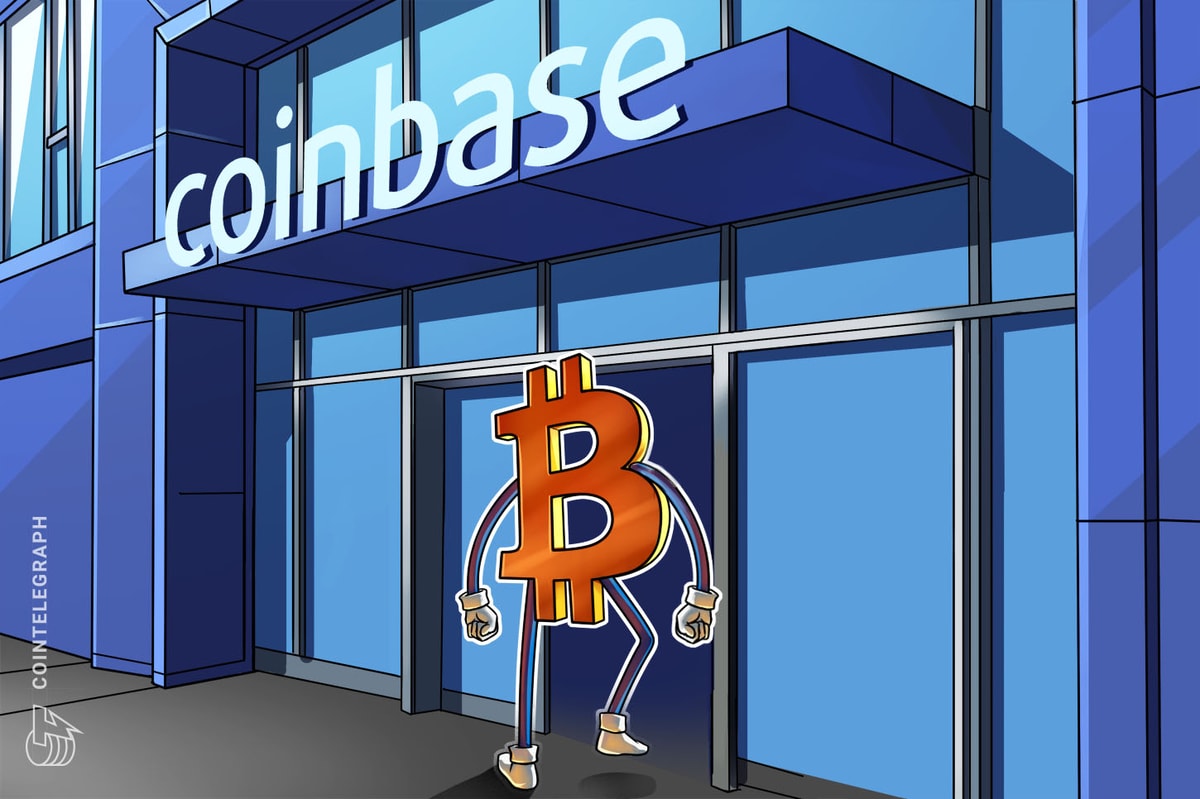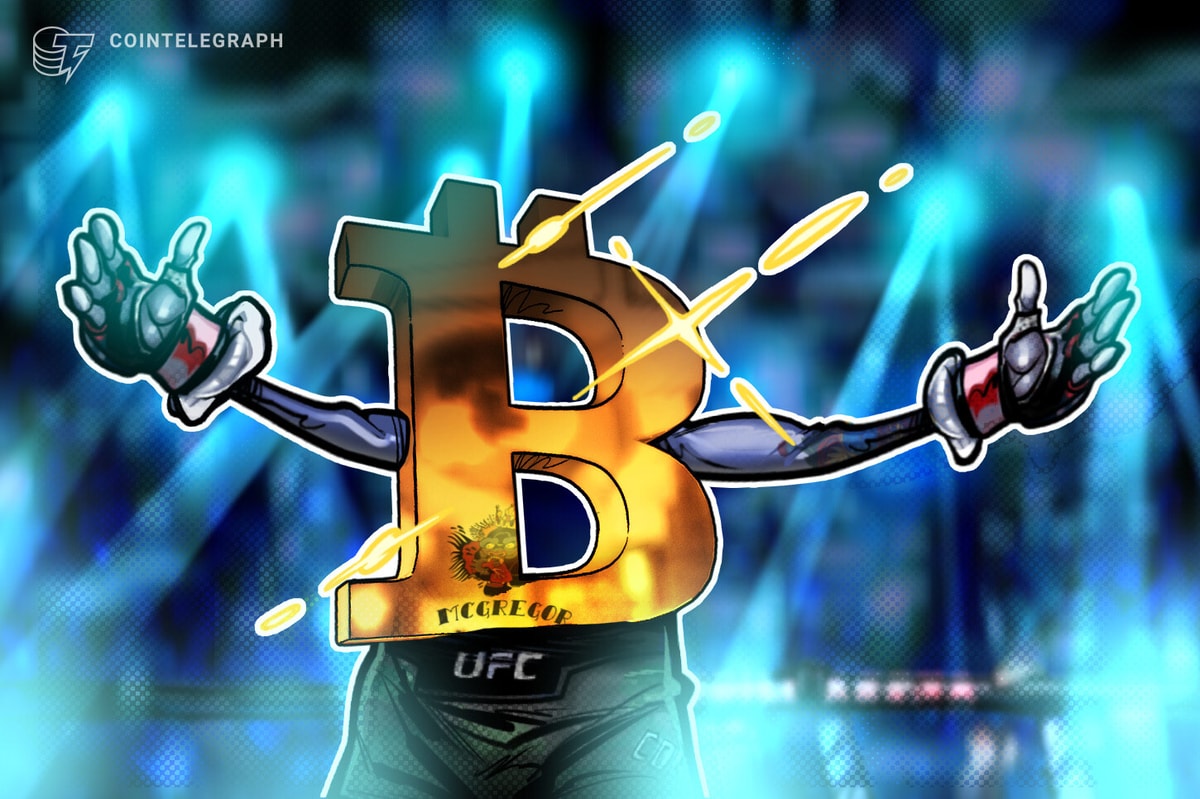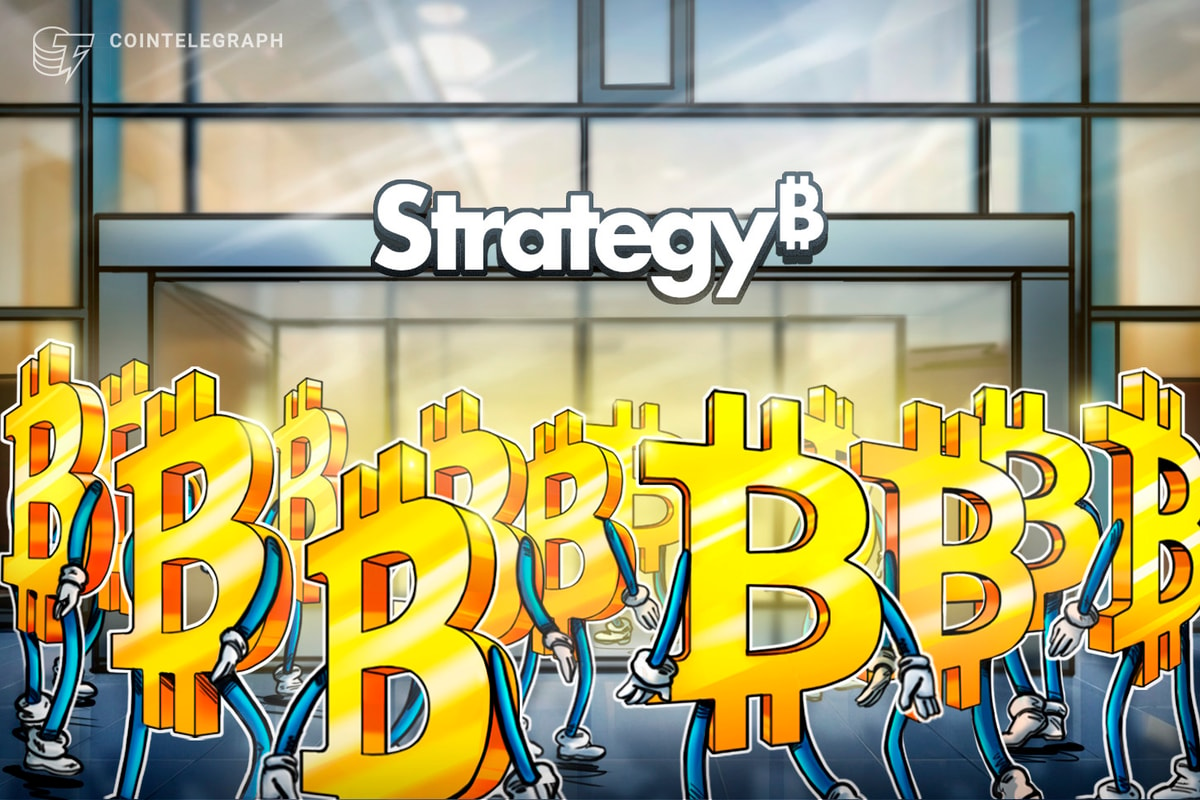Amid a year of significant growth for the decentralized finance space within the crypto industry, British Virgin Islands-based crypto exchange Bitfinex has unveiled its new lending service today, called Bitfinex Borrow.
"Bitfinex Borrow is a borrowing platform," Bitfinex chief technology officer Paolo Ardoino told Cointelegraph. “This particular offering isn’t about lending out your crypto and obtaining a rate of return on it," he said. “The crypto loan is obtained via Bitfinex’s peer-to-peer lending platform, though it may consist of a pool of available credit," he explained. So essentially, crypto borrowing and loans are not directly tied to a direct and immediate opposite party.
Bitfinex Borrow acts as a way for Bitfinex to offer loans to customers. When customers put up crypto assets as collateral in exchange for a loan, Bitfinex then allocates those assets to a different customer as part of a separate product called Bitfinex Funding — hence the peer-to-peer classification. "Bitfinex Funding, Lending Pro and Bitfinex Borrow are all part of the same, peer-to-peer lending markets. These are different products, using the underlying same pool of funding," Ardoino said.
Customers can receive U.S. dollars or dollar-pegged stablecoin Tether (USDT) in return for their crypto assets, which Bitfinex holds until the loan is paid back, per Bitfinex's announcement.
Collateral is something a borrower gives a lender to hold until the loan is paid back. At this time, Bitcoin (BTC) and Ether (ETH) are the two accepted forms of collateral on Bitfinex Borrow.
Interest and speculation in the decentralized finance, or DeFi, space reached bubble territory in 2020. Random new projects have seen immediate parabolic growth, with their related assets also rocketing in price. What started as a fairly straightforward system of crypto-based loans and borrowing turned into speculators chasing the highest returns on their capital allocations.
The red-hot DeFi sector cooled slightly as Bitcoin took center stage with its upward price action, although the past few days have seen soaring DeFi price action return. Bitfinex Borrow seems more similar to the DeFi loan structure seen prior to the recent bubble than a continuation of the parabolic trend. Before speculators started yield farming, loaning and borrowing capital across multiple projects and platforms in search of massive compounded interest, DeFi acted as a fairly straightforward way of putting up crypto collateral in exchange for stablecoins. Borrowers could use those stablecoins for their needs without selling their crypto holdings.
The service comes with a fairly wide range of annual interest rates, between 5.5% and a steep 18.25%, pending a number of factors such as the length and size of each loan, Bitfinex's statement noted. With regard to the time component, interest rates scale up in cost based on the loan period, with longer-term loans incurring greater rates, according to Ardoino. Additionally, customers can only hold borrowed funds for 120 days.
Two other options also come into play when it comes to interest rates on these loans: fixed rates, or floating rates derived from Bitfinex’s Flash Return Rate, or FRR.
“The FRR represents a moving average of interest rates proposed on Bitfinex’s peer-to-peer financing market,” Ardoino explained. “The moving average of what is available in the market is recalculated every hour,” he added. “The crypto loan is provided on a peer-to-peer basis through Bitfinex’s financing matching engine (separate and apart from the trading matching engine).”
Customers with partial verification status on Bitfinex must keep their borrowed assets on the exchange, but those with top-tier verification can withdraw such funds, the statement said. Bitfinex Borrow lets customers pay back their loans all at once or in segments.
Although DeFi may unlock further possibilities in the crypto industry, the niche has also seen its fair share of hacking activities.
UPDATE Nov. 11, 16:13 UTC: This article has been updated to reflect that Bitfinex's base location is in the British Virgin Islands rather than Hong Kong.











